Too Late to Fertilize?
jas4141
12 years ago
Related Stories

GARDENING GUIDESGet on a Composting Kick (Hello, Free Fertilizer!)
Quit shelling out for pricey substitutes that aren’t even as good. Here’s how to give your soil the best while lightening your trash load
Full Story
GARDENING GUIDESHow to Keep Your Citrus Trees Well Fed and Healthy
Ripe for some citrus fertilizer know-how? This mini guide will help your lemon, orange and grapefruit trees flourish
Full Story
GARDENING GUIDESCommon Myths That May Be Hurting Your Garden
Discover the truth about fertilizer, soil, staking and more to keep your plants healthy and happy
Full Story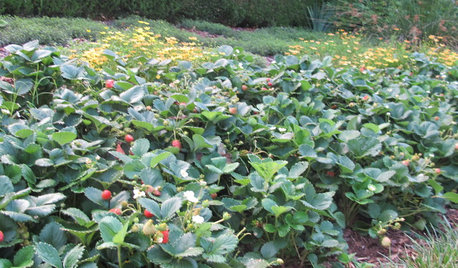
REGIONAL GARDEN GUIDESSoutheast Gardener's September Checklist
Fertilize strawberries, plant a tree or two and beckon hummingbirds to your Southern garden this month
Full Story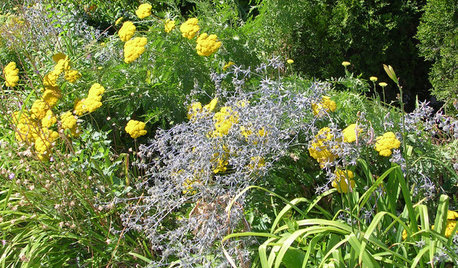
GARDENING GUIDESRocky Mountain Gardener: What to Do in July
Keep the party going all summer long with smart watering methods and fertilizer. Get ready for next year and order bulbs now
Full Story0
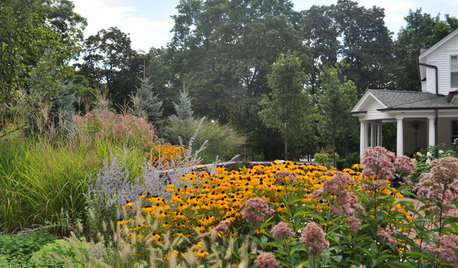
GARDENING GUIDESPacific Northwest Gardener: What to Do in September
Put in cool-weather veggies, fertilize your lawn and tidy the garden this month before chilly weather arrives
Full Story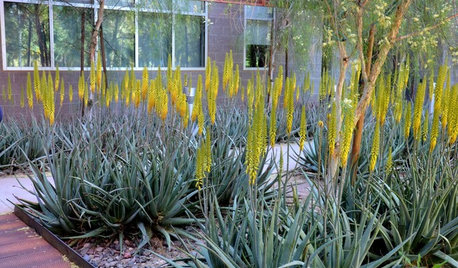
GARDENING GUIDESGreat Design Plant: Aloe Vera
Bright yellow flowering spikes decorate this popular aloe from late winter into spring, much to the delight of hummingbirds
Full Story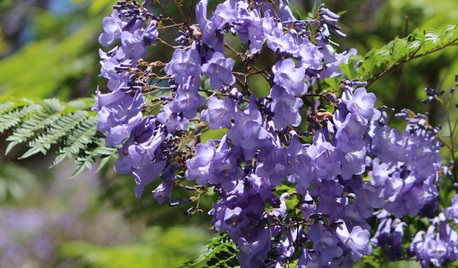
CALIFORNIA GARDENINGCalifornia Gardener's July Checklist
Bite into tree-fresh apricots, inhale delightful garden perfumes and continue planting vegetables for a late-summer harvest
Full Story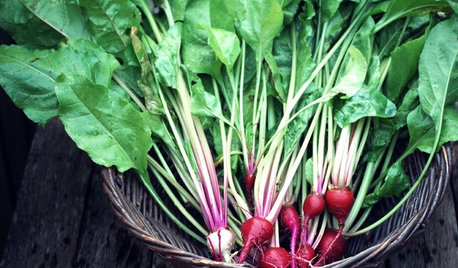
EDIBLE GARDENS8 Last-Minute Additions to a Summer Edible Garden
It’s not too late to get these vegetables and herbs planted for a bountiful harvest this year
Full Story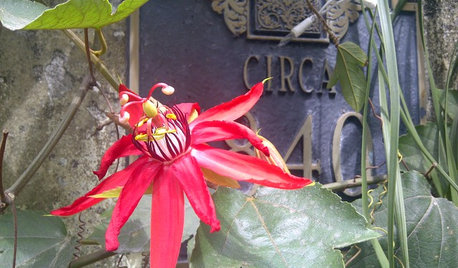
FLOWERS5 Sensational Flowering Vines for Warm Climates
Splash your garden with bright tropical color from late summer through fall with these showy trailing and climbing beauties
Full StorySponsored
Your Custom Bath Designers & Remodelers in Columbus I 10X Best Houzz






iris_gal
ken_adrian Adrian MI cold Z5
Related Professionals
North New Hyde Park Landscape Architects & Landscape Designers · Rancho Cordova Landscape Architects & Landscape Designers · Buford Landscape Contractors · Hartford Landscape Contractors · Avocado Heights Landscape Contractors · Beachwood Landscape Contractors · Beverly Hills Landscape Contractors · Cordele Landscape Contractors · Hoover Landscape Contractors · Hurricane Landscape Contractors · Indio Landscape Contractors · Pleasant Hill Landscape Contractors · Golden Valley Landscape Contractors · Vadnais Heights Landscape Contractors · Laguna Beach Stone, Pavers & Concreteaseedisapromise
iris_gal
mad_gallica (z5 Eastern NY)
aseedisapromise
timmba
aseedisapromise
timmba
aseedisapromise